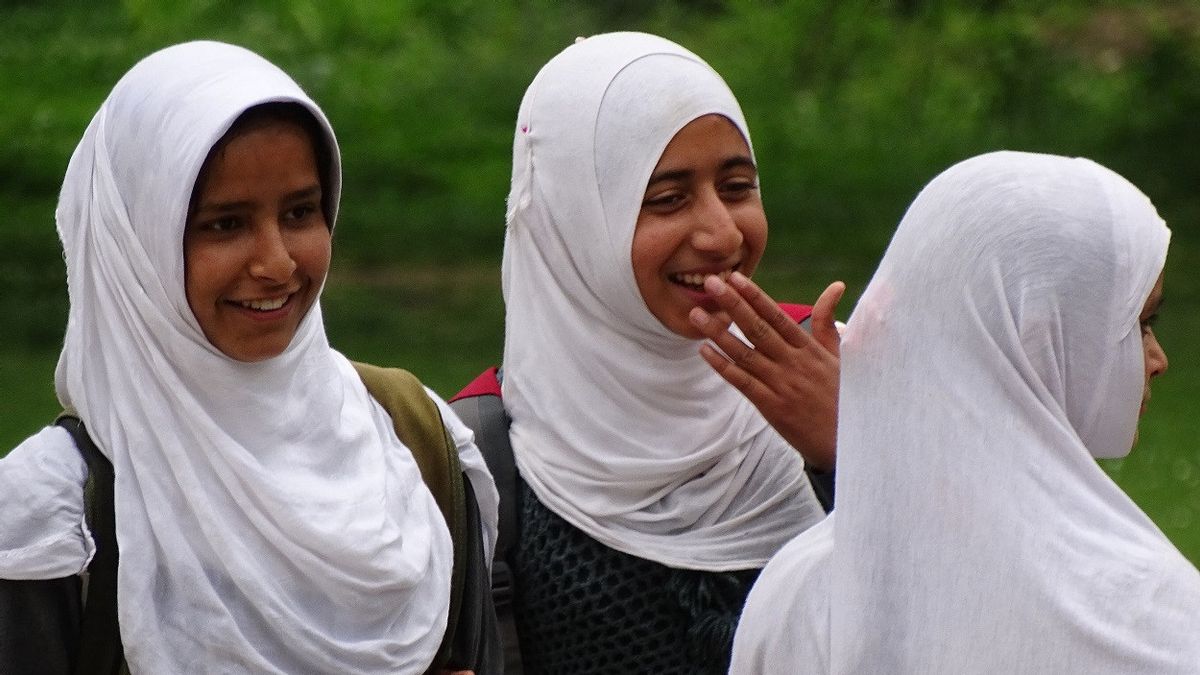JAKARTA - Ayesha Imthiaz, a devout Indian Muslim who sees wearing the hijab as an expression of devotion to the Prophet Muhammad, says her university's move to expel hijab-wearing girls is an insult that will force her to choose between religion and education.
"The humiliation of being asked to leave my class for wearing a headscarf by college officials has shaken my core beliefs," said the 21-year-old student from southern Karnataka's Udupi District, where protests over the head covering ban began.
"My religion has been questioned and despised by what I consider a temple of education," she said.
"It's more like telling us you choose between your religion or your education, that's the wrong thing," he criticized after studying for five years at the Mahatma Gandhi Memorial college in Udupi.
Several Muslim girls protesting the ban have received threatening calls and were forced to stay indoors, he added.
Meanwhile, college officials said students were allowed to wear headscarves on campus and only asked them to take them off in class.
Udupi is one of three districts in the religiously sensitive coastal region of Karnataka, which is a stronghold of Prime Minister Narendra Modi's right-wing Bharatiya Janata Party (BJP).
The standoff has increased fear and anger among the Muslim minority, who say the country's constitution gives them the freedom to wear what they want. Protests over the ban have escalated, with hundreds demonstrating this month in Kolkata and Chennai.
Last week, a judge at the state's top court referred a petition challenging the ban to a larger panel. This issue is being watched closely internationally as a test of religious freedom guaranteed by the Indian Constitution.
The United States Office of International Religious Freedom (IRF) on Friday said the headscarf ban "violates religious freedom and stigmatizes and marginalizes women and girls."
In response, India's Ministry of External Affairs on Saturday said outside comments on internal matters were not welcome, while the matter was under judicial review.
관련 항목:
For information, Imthiaz and six other Muslim girls who protested the ban said they were determined to fight for their religious freedom in the presence of some hardline Hindu students and even some of their friends.
"It hurts so much to see our own friends stand up to us and say 'I have a problem with you wearing the hijab.' It affects our bonding and mental health," Imthiaz said.
The English, Chinese, Japanese, Arabic, and French versions are automatically generated by the AI. So there may still be inaccuracies in translating, please always see Indonesian as our main language. (system supported by DigitalSiber.id)













